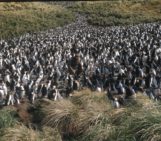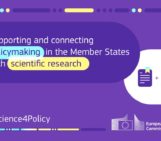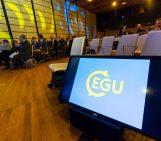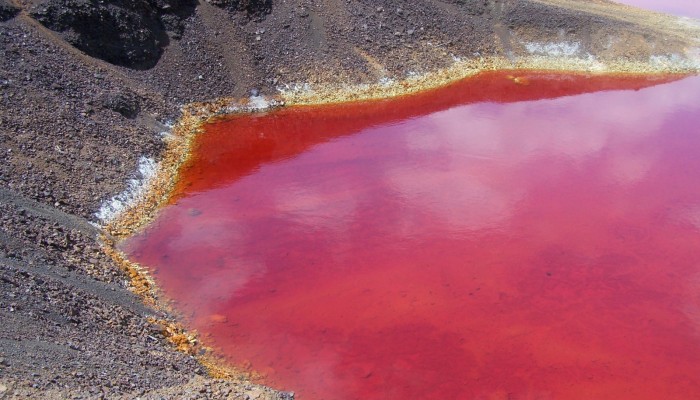
Former EGU Science Communications Fellow Edvard Glücksman is our second guest blogger for the newly established EGUPolicy column. Edvard is a Senior Environmental & Social Specialist at the UK-based consultancy Wardell Armstrong and an External Stakeholder Affiliate at the University of Exeter. He describes his work along the research-policy-industry interface.
The collapse of a wastewater dam at an iron ore mine last November left 19 dead and triggered an environmental crisis in Brazil’s River Doce basin. The mine is a joint venture between Vale SA and Australian-owned BHP Billiton, and the operators are now expected to pay the Brazilian government around USD $7 billion in compensation for environmental and community damages.
Such large-scale industrial accidents devastate entire communities and inflict long-term reputational damage to local and international companies working in the area. In my role at Wardell Armstrong, an independent UK-based consultancy, I work to align project design and operational layout to national policy frameworks and international standards of best practice, such as the World Bank’s IFC Sustainability Framework.
Improving the deal for local communities
Independent Environmental and Social Impact Assessment (ESIA) studies are a fundamental requirement for operators to secure funding from increasingly careful lenders, who are reluctant to invest in projects that threaten to damage their reputation. By identifying, mitigating, and managing negative impacts of industrial projects, I work to reduce a project’s risk to the environment and nearby communities.
Conventional environmental impact assessments focus on a range of variables, such as water use and quality, noise and vibration, air quality, soils, or greenhouse gas emissions. Increasingly, these are complemented by cultural, economic, and demographic variables, as well as ecosystem services, which frame natural ecosystems according to their economic contribution to society. Public participation, known as stakeholder engagement, is a key element of the ESIA process.
Under the broader umbrella of the rapidly emerging notion of Corporate Social Responsibility (CSR), I also liaise with project operators to maximise the short- and long-term positive contribution of industry to local communities. As a result of decades of expensive reputational damage, the mining industry has been particularly proactive in implementing CSR schemes, convening the biggest players under the auspices of the International Council on Mining & Metals (ICMM).
CSR is the idea that companies should positively contribute to society, above and beyond legal and profit-making commitments. Although hardly a new or radical concept, the notion that industry should be socially responsible is brought to the fore by heightened scrutiny of industrial accidents. Negative publicity, amplified by social and conventional media, sways public opinion and investor confidence, translating into financial risk. As CSR progressively enters national and international policy agendas, including across the EU, an increasingly diverse range of companies and industries adopt its tenets as a core part of their business model.
Tools for the next generation
I ended up in this job after several years of juggling primary research and science policy work. My doctoral thesis was in biology but, having studied sociology in an undergraduate degree, I always enjoyed working at the interface of science and society. During my doctoral years, I also took regular breaks from the lab, including on Secondment to the UK Parliamentary Office of Science & Technology (POST).
In my experience, most of today’s science jobs require interdisciplinary thought and keen communication skills. As a consultant, I apply natural and social science concepts across the private sector, bridging the gap between researchers, the policy arena, and profit-driven industrial stakeholders. Having previously worked in science communication roles, including at the EGU, I have a keen appreciation for the role of accessibility within the policymaking arena. In industry, where non-specialists frequently juggle with confusing scientific concepts, compounded by cultural discrepancies and linguistic barriers, the role of communication skills are thus just as vital as technical ability.
When working within and around policy issues, some of the biggest impacts can be achieved by raising awareness to the next generation of policymakers. To that end, I also lecture undergraduates at the University of Exeter about broader sustainability issues, industry-community relations, and the impact assessment process. Some of my students are mining engineers and, although the environmental and social dimensions of industrial projects are increasingly in the limelight, conventional engineering modules rarely highlight the importance of these ‘softer’ dimensions of their trade. As policy requirements become more stringent and the investment community becomes increasingly risk-averse, university courses will steadily shift to reflect the changing landscape.
Edvard Glücksman, Senior Environmental & Social Specialist at Wardell Armstrong
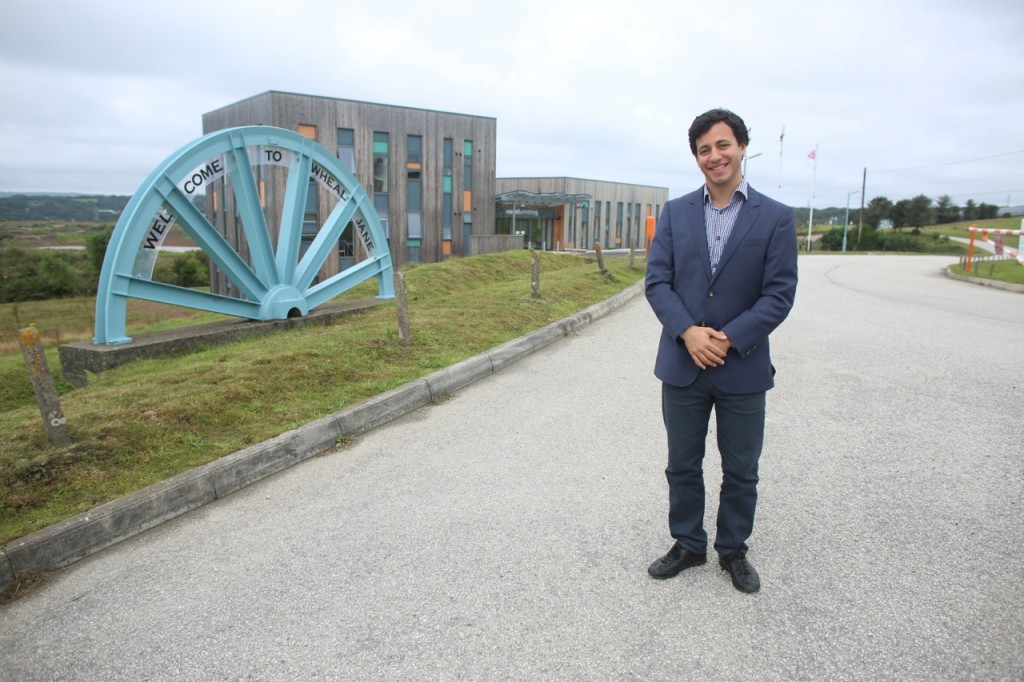
Edvard Glücksman at the Wardell Armstrong’s Truro office, built on the site of the Wheal Jane mine in Cornwall, UK


